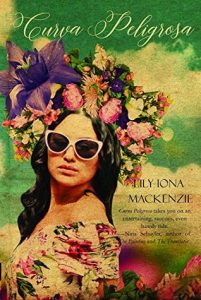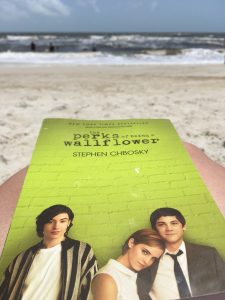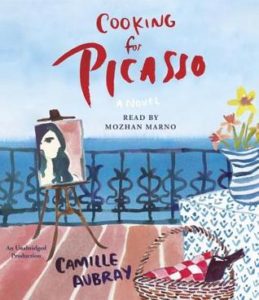 I won a copy of Lily Iona Mackenzie‘s Curva Peligrosa through LibraryThing.
I won a copy of Lily Iona Mackenzie‘s Curva Peligrosa through LibraryThing.
Description from Goodreads:
When Curva Peligrosa arrives in Weed, Alberta, after a twenty-year trek on the Old North Trail from southern Mexico, she stops its residents in their tracks. With a parrot on each shoulder, a glittering gold tooth, and a wicked trigger finger, she is unlike anything they have ever seen before. Curva is ready to settle down, but are the inhabitants of Weed ready for her? Possessed of an insatiable appetite for life and love, Curva’s infectious energy galvanizes the townspeople, turning their staid world upside down with her exotic elixirs and unbridled ways. Toss in an unscrupulous americano developer and a one-eyed Blackfoot chief, stir them all together in the tumult of a tempestuous tornado, and the town of Weed will never be the same again. A lyrical account of one woman’s journey and the unexpected effects it has on the people around her, Curva Peligrosa pulses with the magic at the heart and soul of life.
Review:
Let me be clear, there is nothing wrong with this book. The writing is good. The editing fine. (I found a few hiccups, but I think I have an early copy.) It didn’t really win me over though. I’m generally a book-a-day reader and it took me four days short of a month to finish this book. That’s an eternity in my reading world.
It’s one of those books that’s supposed to be imbued with meaning. You’re supposed to read it in your book group and natter on about how important and inspiring it is in its abstractness. You’re supposed to see Curva, in all her uneducated, back-to-earth greatness as holding some secrets that we could all do with learning.
I however, thought it was too random and lacking focus. I dislike aggrandization, especially purposeful self-aggrandizing. It’s pretentious, and that’s how this book felt to me. I very much think this book will be a total winner for some people and total flop for others. I wouldn’t expect too many middle of the road readers.


 Woo-hoo, I got to read at the beach. This always makes me happy. Anyhow, I picked
Woo-hoo, I got to read at the beach. This always makes me happy. Anyhow, I picked  I received an audio copy of
I received an audio copy of